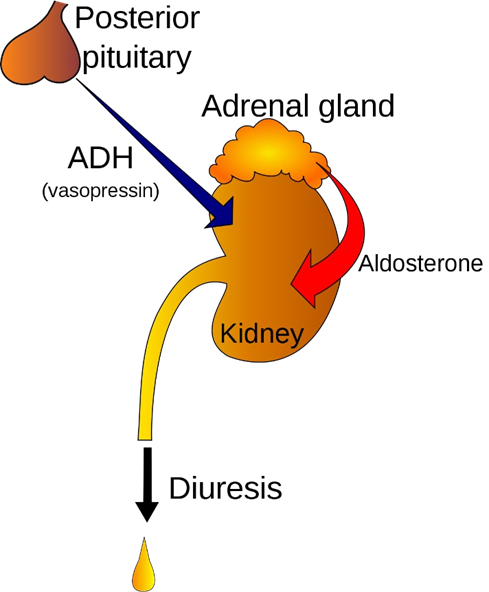A patient with fluid volume overload is admitted to the hospital for diuresis. Which assessment should the nurse perform to evaluate the patient's fluid balance?
Skin turgor.
Weight.
Blood pressure.
Lung sounds.
The Correct Answer is B
Choice A reason: Skin turgor is a method to assess hydration status, but it is not the most accurate indicator of fluid balance in a patient with fluid volume overload.
Choice B reason: Monitoring weight is the most accurate method to assess fluid balance. A sudden increase or decrease in weight is indicative of fluid changes.
Choice C reason: Blood pressure can be affected by fluid volume changes, but it does not provide a direct measure of fluid balance.
Choice D reason: Lung sounds can indicate fluid overload in the lungs but do not give a complete picture of overall fluid balance.

Nursing Test Bank
Naxlex Comprehensive Predictor Exams
Related Questions
Correct Answer is B
Explanation
Choice A reason: Having the client sign a new surgical permit is not necessary unless the surgeon agrees to the addition of the procedure after being informed.
Choice B reason: The nurse should inform the surgeon about the client's request to include the removal of the second lipoma. The surgeon will decide if it is feasible and safe to add the procedure to the current surgical plan.
Choice C reason: The nurse cannot unilaterally add procedures to a surgical permit; this must be done by the surgeon after evaluating the client's condition and the risks involved.
Choice D reason: Notifying the surgical staff of the client's confusion does not address the client's request and may not lead to a resolution of the issue.
Correct Answer is ["0.8"]
Explanation
Amount (mg) ÷ Concentration (mg/mL) = Volume (mL)
Step 1: The amount of hydromorphone the patient needs is 3 mg. Step 2: The concentration of the hydromorphone solution is 4 mg/mL. Step 3: Substitute the values into the formula: 3 mg ÷ 4 mg/mL.
Step 4: Calculate the volume: 3 ÷ 4 = 0.75 mL. 0.8 rounded to the nearest tenth
Whether you are a student looking to ace your exams or a practicing nurse seeking to enhance your expertise , our nursing education contents will empower you with the confidence and competence to make a difference in the lives of patients and become a respected leader in the healthcare field.
Visit Naxlex, invest in your future and unlock endless possibilities with our unparalleled nursing education contents today
Report Wrong Answer on the Current Question
Do you disagree with the answer? If yes, what is your expected answer? Explain.
Kindly be descriptive with the issue you are facing.
